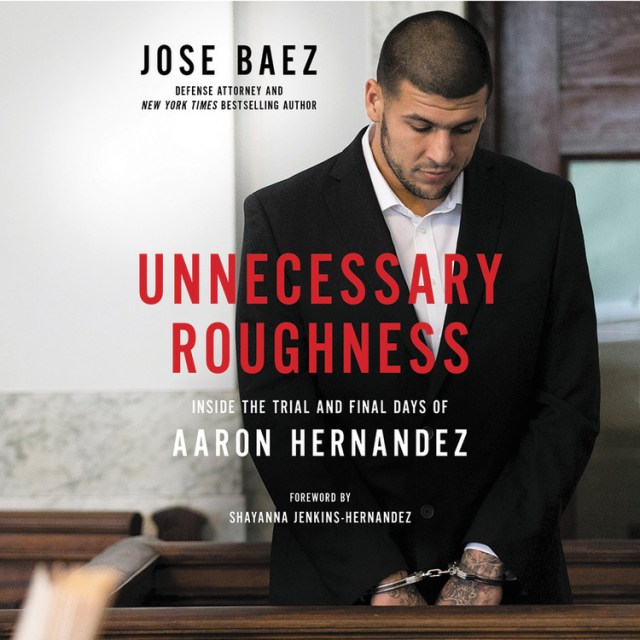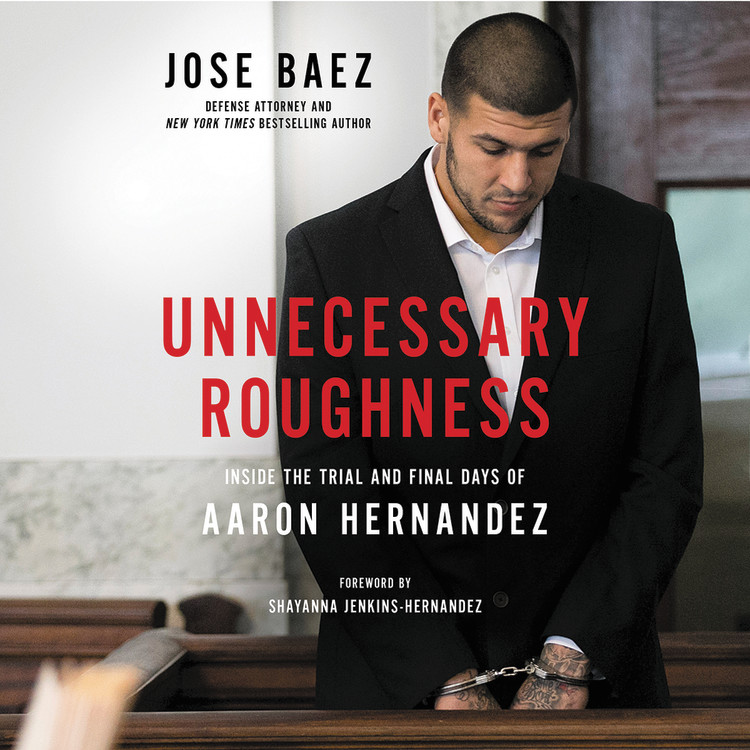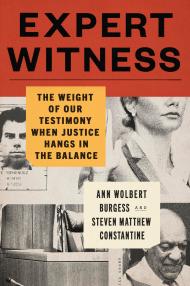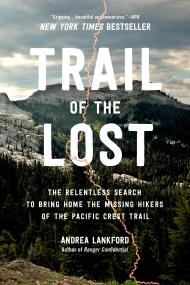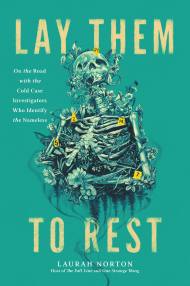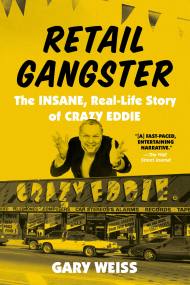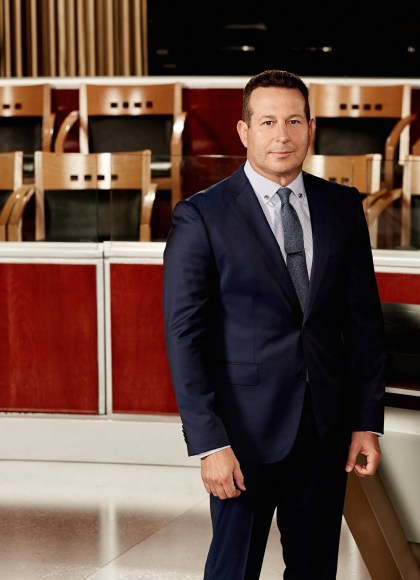By clicking “Accept,” you agree to the use of cookies and similar technologies on your device as set forth in our Cookie Policy and our Privacy Policy. Please note that certain cookies are essential for this website to function properly and do not require user consent to be deployed.
Unnecessary Roughness
Inside the Trial and Final Days of Aaron Hernandez
Contributors
By Jose Baez
Foreword by Shayanna Jenkins-Hernandez
Read by Ben Jeffrey
Read by Shayna Small
Formats and Prices
- On Sale
- Aug 21, 2018
- Publisher
- Hachette Audio
- ISBN-13
- 9781549170058
Price
$24.99Format
Format:
- Audiobook Download (Unabridged) $24.99
- Hardcover $27.00 $35.50 CAD
This item is a preorder. Your payment method will be charged immediately, and the product is expected to ship on or around August 21, 2018. This date is subject to change due to shipping delays beyond our control.
Buy from Other Retailers:
When renowned defense attorney Jose Baez received a request for representation from Aaron Hernandez, the disgraced Patriots tight-end was already serving a life sentence for murder. Defending him in a second, double-murder trial seemed like a lost cause–but Baez accepted the challenge, and their partnership culminated in a dramatic courtroom victory, a race to contest his first conviction, and ultimately a tragedy, when Aaron took his own life days after his acquittal.
This riveting, closely-observed account of Aaron’s life and final year is the only book based on countless intimate conversations with Aaron, and told from the perspective of a true insider. Written with the support of Hernandez’s fiancée, Unnecessary Roughness takes readers inside the high-profile trial, offering a dramatic retelling of the race to obtain key evidence that would exonerate Hernandez, and later play a critical role in appealing his first conviction.
With revelations about Aaron’s personal life that weren’t shared at trial, and an exploration of the Chronic Traumatic Encephalopathy diagnosis revealed by his autopsy, Jose Baez’s Unnecessary Roughness is a startling courtroom drama and an unexpected portrait of a fallen father, fiancé, and teammate.
Genre:
-
"In Unnecessary Roughness: Inside the Trial and Final Days of Aaron Hernandez, the attorney who got Hernandez acquitted of a 2012 double murder squashes the rumor about the jailhouse letters, sheds fascinating new details about Hernandez's trade request to Bill Belichick, and describes Hernandez's final days as an inmate and later suicide victim."The Boston Globe
-
"Jose Baez... shares his unique insight."Good Morning America
-
"[Unnecessary Roughness] features fascinating new details about Hernandez's life and final days leading up to his suicide."BroBible
-
"This new book asks a lot of questions. Questions about [Aaron's] sexuality. Questions about his friends.... [W]hat did the Patriots know about Hernandez's past, and when did they know it? There seems little question he loved the Patriots.... Aaron Hernandez-the New England kid who... paid a very high price for those football dreams of his."The Providence Journal
-
"A compelling read."New York Sports Day
-
"One of the best-known criminal-defense lawyers in America. . . The man who knows Aaron Hernandez's secrets."Esquire
Newsletter Signup
By clicking ‘Sign Up,’ I acknowledge that I have read and agree to Hachette Book Group’s Privacy Policy and Terms of Use
